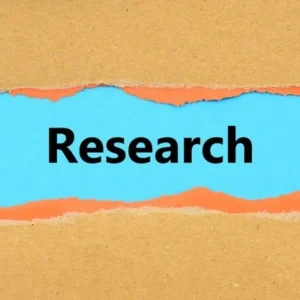The World Health Organization (WHO) and the Carter Center have signed a new cooperation agreement worth US$300,000 to ensure the continuity of efforts to combat Guinea worm disease in Angola’s Cunene province. This agreement reinforces both organizations’ commitment to supporting Angola in eliminating this neglected tropical disease, which is targeted for global eradication by 2030. The partnership builds on long-term collaboration with the Ministry of Health and local authorities, strengthened during the Health Circle—a public dialogue promoted by WHO and the Private University of Angola—that emphasized the urgency of collective action against the disease.
The Carter Center has been a key partner in Angola, providing technical and material support for community surveillance, mobilization, and awareness campaigns. It also supplies practical solutions, such as water filters and larvicides, essential to interrupt disease transmission. The new funding will support six months of expanded and consolidated activities, including active case surveillance, community monitoring, training local volunteers, and intensifying outreach efforts in the most affected areas.
Dr. Indrajit Hazarika, WHO Representative in Angola, highlighted that the agreement demonstrates how inclusive dialogue can translate into concrete commitments. Since 2018, Angola has reported 204 cases of Guinea worm, with three in humans and 201 in animals, primarily dogs. While rare, the disease continues to impact vulnerable rural communities in Cunene, posing challenges to socioeconomic development. Its transmission is linked to stagnant water sources containing infected fleas, underscoring the need for a multisectoral response coordinated across health, education, environment, animal health, and infrastructure sectors.
The agreement underscores the importance of international partnerships and active community participation in accelerating eradication efforts. Sustaining Guinea worm disease activities represents both a financial investment and a vital step toward protecting vulnerable populations and building resilient communities. Through this collaboration, WHO and the Carter Center reaffirm their commitment to supporting Angola in achieving the global goal of Guinea worm eradication by 2030, leveraging multisectoral strategies and local leadership.






